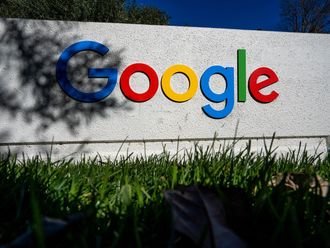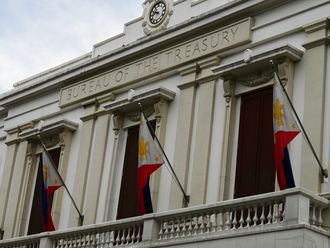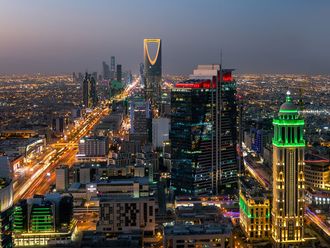Dubai The Middle East and North Africa region will grow at a rate of 5 per cent next year compared to other emerging economies like India and China with 9 per cent growth, according to research by the Dubai Chamber of Commerce and Industry (DCCI).
The Mena, GCC, UAE, and Dubai economies are closely linked with the global economies because of their openness, Dr. Eisa Abdul Galil, senior manager of economic research at DCCI, told an economic seminar on Wednesday.
This means fluctuations in exports, re-exports, imports, investment flows, labour flows or tourism and the currency peg will impact their trade and GDP, he added.
Inflation rate
The inflation rate in the Mena region will range from about 7 to 8 per cent from 2011 to 2014, he said.
The US Federal Reserve interest rate is 0.10 per cent in 2011 and 0.75 in 2012, which has an impact on the region as its currencies are linked to the US dollar, he said.
"The dollar will appreciate over time and we'll buy more euros with less dollars; this is good for our trade," Abdul Galil said.
World demand for oil is expected to increase from 87.71 million barrels a day in 2011 to 92.42 million in 2014, he noted. Oil prices on average are expected to be between $70 and $80 per barrel in that period, he said.
Developing countries will far exceed developed economies in world trade from 2010 to 2014, according to figures from the Economist Intelligence Unit, he said.
Mena is set to see a slight but sustained increase in foreign direct investments to $100 billion by 2014, Abdul Galil said.
Reference point
Qatar will see the highest growth rate in the GCC at 18.6 per cent next year, the research shows.
Qatar has been "copying Dubai consistently" and using Dubai's trade model and experience, Abdul Galil said.
Given Dubai's debt restructuring issues after the global recession, the emirate will focus on core strengths such as trade and tourism, said Dr. Belaid Rettab, DCCI senior director of economic research.
Transparency
"It [debt restructuring] impacted the image of Dubai in general but now that has passed. It's a new era with solid fundamentals," he said.
The business community would benefit from better transparency and disclosure, he added.
"The UAE is working on that… It's not yet a done job. It's just the start. There are no reporting standards yet and that will change in the future," he added.
oil demand
future course
87.71m
barrels per day projected world oil demand next year
92.42m
bpd is the outlook for world oil demand by 2014












